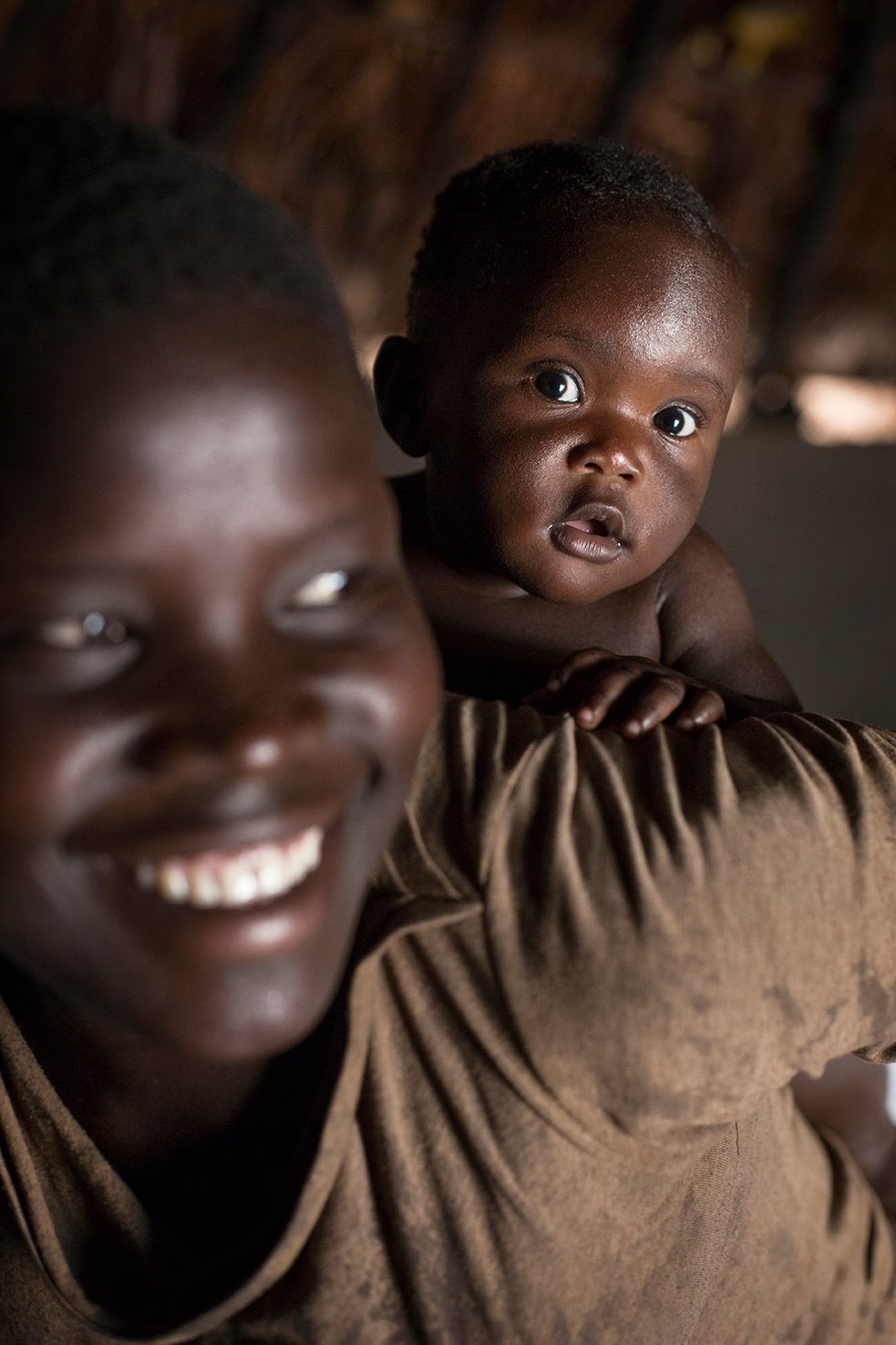
Ensured healthy lives at all ages:
Promoted children’s health, wellbeing and development.
Facts
Millions of children face a stolen childhood. Accidents, from drowning to road hazards, injure and kill countless young lives. Lack of quality education leaves many struggling to learn. Obesity, malnutrition, and inactivity can threaten their physical well-being. These challenges rob them of safety, health, and the joy of being a child.
45%
of deaths in children under 5 years of age are linked to nutrition-related factors.
1 in 3
struggle with their literacy, numeracy, physical, social, & emotional development, threatening their ability to reach their full potential.
22%
of children under 5 experience stunting, a condition caused by chronic malnutrition that hinders growth.
1.2 million
children lose their lives to unintentional injuries every year globally.
We worked to change that
Our local health groups united families against threats to their children's wellbeing. We empowered them to identify challenges, understand risks, and spark action for a healthier, brighter future for their children.
Encouraged better child nutrition
Within the Bengali-speaking communities of Tower Hamlets, London, community health groups met as part of a comprehensive programme, offering parents and children a vital space to openly discuss concerns.
Together, they gained access to affordable, nutritious food options and learnt about appropriate portion sizes. This holistic approach is helping to reduce risks of diabetes, heart disease, and dental issues that diminish wellbeing.
Through knowledge-sharing and healthy habits, we're enabling this community to thrive for generations to come.
Reduced accidental childhood injuries
In Bangladesh, where 3 children die hourly from accidents, our Community Health Groups united families. They learnt about risks like drowning, burns, electrocution and road hazards, and found ways to prevent them.
Together, they transformed childhood safety. 500 parents started changing habits and talking openly about risks - something people didn't openly discuss before.
By working as a community, Bangladeshi families are protecting children's lives. They identify dangers and create solutions themselves. This powerful movement is making childhood safer, one family at a time.
Adapted children’s toys with health messaging
In Ghana 1 in 3 children struggle with their literacy, numeracy, physical, social, and emotional development – and 1 in 17 don’t survive past their 5th birthday.
We worked with kindergartens in Ghana to pilot a range of low-cost, innovative toys that nurture development, health, and safety in under fives.
While children were stimulated through play, parents and caregivers learnt through icons the danger signs of childhood illnesses, how to give good nutrition and best handwashing practices.
Children’s health and wellbeing FAQs
Knowledge empowers change. Find answers to your questions about children’s health and wellbeing and discover how your understanding can make a difference.
-
Infant and young child nutrition is a key area to improve child survival and promote healthy growth and development.
There is increasing evidence and recognition of the importance of the first 1000 days of life for prevention of under and overnutrition, both in childhood as well as adulthood.
Without good nutrition and care during the early years of life, children are more at risk of developing illnesses such as diabetes, heart disease, and dental disorders. Undernutrition is estimated to be associated with 45% of all child deaths.
Where possible, exclusively breastfeeding for the first six months of a baby’s life (known as ‘optimal breastfeeding’), could save the lives of over 820 000 children under the age of 5 years each year.
Read more about our work to improve child nutrition in South Asian communities in the UK here>
-
The most important period of human development is from birth to eight years old. During these years, children develop cognitive skills, emotional well-being and social competence, optimising their physical and mental health into adulthood.
Play takes many forms. Researchers and theorists agree that an important aspect of play is children’s choice and control over the experience.
Women and Children First has been working with our partners AfriKids to simultaneously support responsive caregiving whilst stimulating play and early learning opportunities for kindergarteners in Ghana.
-
The first 1000 days of a child’s life is a critical period to establish a strong base for their future. Children need nurturing care to achieve their potential – most importantly responsive care that addresses their health and nutritional needs, protects them from threats and provides opportunities for early learning.
-
Globally, 1600 children and adolescents under the age of 19 die every day from injuries that are completely preventable. Tragically, traffic accidents are the leading cause of death – causing one death worldwide every two minutes.
Drowning is also a major killer, with more than 10 deaths every hour around the world. 90% of these deaths happen in lower and middle-income countries, with children under 5 disproportionately at risk. In Bangladesh, for example, 43% of all deaths in children under 5 are due to drowning.
Unsafe environments are a major risk factor; children in lower-income countries are more likely to be exposed to fast traffic, poorly constructed roads, a lack of safe areas to play, and homes with unsafe structures.
Understanding the root causes of these unintentional injuries has helped many communities to implement solutions to address these risks to their children.
In Bangladesh, community health groups have been learning more about how to make their home environments safer for their children, and how to respond in emergencies.



